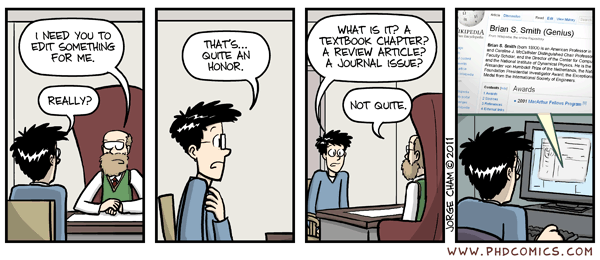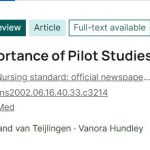Updated sessions for the BU Researcher Development Programme for June 2012 are below.
Booking is essential as places are limited – details of how to book are listed under each session.
Importance of Publishing
- Date: Wednesday 13 June 2012
- Time: 9.30 am – 13:00 (with lunch provided)
- Room: TAG02
- Facilitators: see below
- Booking: graduateschool@bournemouth.ac.uk
- Outline: Publishing is an integral part of a researcher’s professional life and the workshop aims to outline the process of publishing research papers in journals and conference proceedings. A provisional timetable is detailed below:
- 09:30 – 10:00 – Introduction to the importance of publishing – Prof. Tiantian Zhang (Graduate School)
- 10:00 – 10:45 – Publishing in the Sciences – Speaker TBC
- 10:45 – 11:00 – Break
- 11:00 – 11:45 – Publishing in the Humanities – Prof. Stuart Allan (Media School)
- 11: 45 – 13:00 – Publishing’s Perspectives on Publishing – Prof. Tom Watson and Meet the Editors – Prof. Francis Biley and Prof. Edwin Van Teijlingen
- 13:00 – Lunch will be provided
Academic Writing Skills Course
- Outline: This workshop covers essential good practice in writing, editing techniques and methods of improving organisation
- Date: Monday 18 June 2012
- Time: 09.30 am – 4.30 pm (lunch will be provided)
- Room: P401, Poole House, Talbot Campus
- Facilitator: Sue Mitchell (external visitor)
- Booking: graduateschool@bournemouth.ac.uk FULLY BOOKED – places still available for the same workshop on 19 June (see below)
Academic Writing Skills Course
- Outline: This workshop covers essential good practice in writing, editing techniques and methods of improving organisation
- Date: Tuesday 19 June 2012
- Time: 09.30 am – 4.30 pm (lunch will be provided)
- Room: EBC704, Executive Business Centre, Lansdowne Campus
- Facilitator: Sue Mitchell (external visitor)
- Booking: graduateschool@bournemouth.ac.uk There are limited places available for this workshop, so book early to avoid disappointment!
Postgraduate Research Conference
- Outline: This annual conference is designed to showcase the best of BU’s postgraduate research and to provide a unique opportunity for PGRs to present their work within a learning environment. Our multi-disciplinary conference will allow for cross-school interaction as well as opportunities for collaboration, where appropriate. Full details can be found here
- Date: Thursday 28 June 2012
- Time: 09.30 am – 4.30 pm (lunch will be provided)
- Room: Thomas Hardy Suite
- Booking: graduateschool@bournemouth.ac.uk
Details of further workshops coming soon!
Details will be published on the BU Research Blog, so subscribe today to the BU Research Blog to keep in touch with current events to avoid the disappointment of missing out!
















 Conversation article: How 2-Tone brought new ideas about race and culture to young people beyond the inner cities
Conversation article: How 2-Tone brought new ideas about race and culture to young people beyond the inner cities Upcoming 3C Event – PGR Culture, Community & Cake
Upcoming 3C Event – PGR Culture, Community & Cake Paper with 160,000 reads
Paper with 160,000 reads The Month in Research: April 2024
The Month in Research: April 2024 Apply for up to £1,000 to deliver an event and take part in a national festival of public engagement with research
Apply for up to £1,000 to deliver an event and take part in a national festival of public engagement with research MSCA Postdoctoral Fellowships 2024
MSCA Postdoctoral Fellowships 2024 Horizon Europe News – December 2023
Horizon Europe News – December 2023